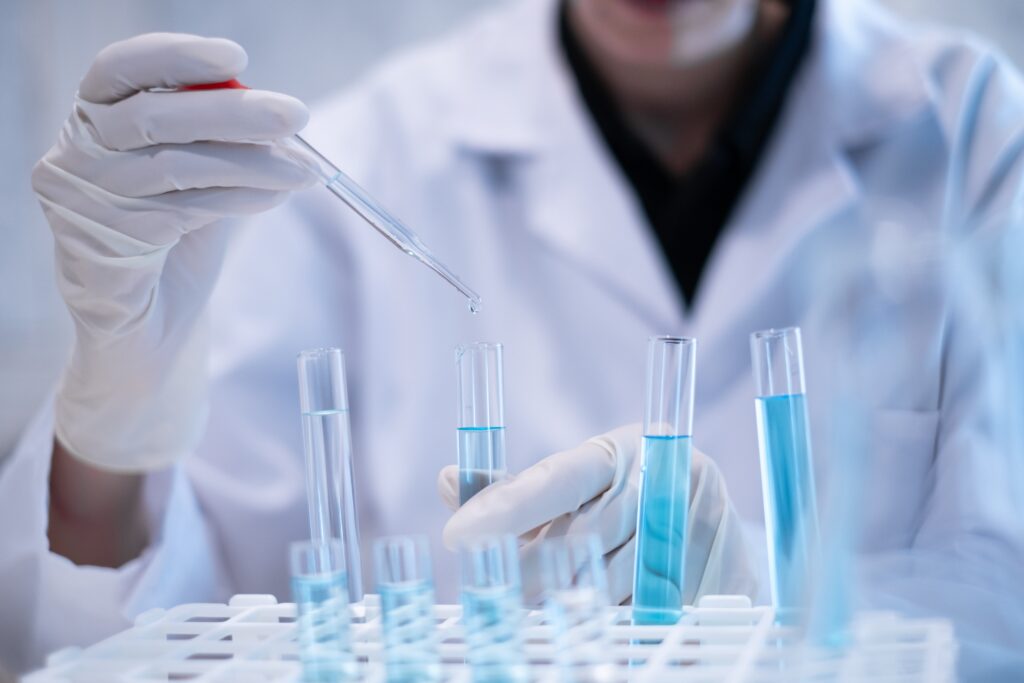Artificial Intelligence (AI) is transforming medical research, offering new approaches to tackling complex diseases. This article explores how AI drives innovation in drug discovery and development.
A New Wave of AI-Driven Medicines
Alex Zhavoronkov, CEO of Insilico Medicine, showcases a green, diamond-shaped pill over a video call. This pill aims to treat idiopathic pulmonary fibrosis (IPF), a rare lung disease with no cure. Although still awaiting approval, early clinical trials suggest promising results.
Insilico Medicine used AI extensively to develop this drug. “We might be the furthest along this path,” says Dr. Zhavoronkov, reflecting the rapid advancements AI brings to drug discovery.
The race to harness AI in pharmaceuticals is intensifying. Both specialized biotech startups and established pharmaceutical companies are leveraging AI to accelerate research. Notable newcomers include Alphabet’s Isomorphic Labs, launched in 2021. Its CEO, Demis Hassabis, co-developed an AI model that earned this year’s Nobel Prize in Chemistry.
AI promises to revolutionize drug discovery by significantly reducing time and costs. Chris Meier of Boston Consulting Group (BCG) explains that traditional drug development takes 10-15 years and costs over $2 billion. About 90% of drugs fail during clinical trials. By streamlining discovery, AI could increase success rates and deliver treatments faster.
The Role of AI in Drug Development
AI reshapes the drug discovery process, focusing on two key stages. First, it identifies molecular targets for diseases, like proteins or genes altered by illness. Traditional methods rely on experimental lab work, while AI mines vast datasets to identify connections between molecular biology and diseases.
Second, AI designs drugs to address these targets. Using generative AI, it predicts which molecules will bind effectively to specific targets. This replaces labor-intensive processes where chemists manually synthesize and test hundreds of molecular variations.
Insilico Medicine, founded in 2014, exemplifies AI’s potential. With $425 million in funding, the company uses AI to identify targets, design drugs, and predict clinical trial success. Its molecule for IPF inhibits TNIK, a protein linked to the disease, identified by AI. This molecule took only 18 months to develop, requiring 79 synthesized variations—far less than traditional methods.
AI tools are also advancing at Recursion Pharmaceuticals. By generating massive datasets through automated experiments, the company trains AI to uncover hidden relationships. It recently developed a molecule targeting a gene associated with cancer, now in early-stage clinical trials. CEO Chris Gibson emphasizes that the true breakthrough will be proving AI-discovered drugs succeed more often than traditional methods.
Challenges and Future Outlook
While AI accelerates drug discovery, challenges remain. Limited data availability can hinder AI’s learning and introduce biases. Companies like Recursion address this by generating extensive data through automated systems and using advanced supercomputers to process it.
Experts agree that AI will not replace pharmaceutical scientists but will complement their work. The biggest savings will come from reducing failures, not from eliminating roles. As AI-discovered molecules enter and potentially succeed in clinical trials, the pharmaceutical landscape will evolve.
When AI consistently delivers improved outcomes, the shift to AI-driven drug discovery will become undeniable. As Dr. Gibson concludes, “It’ll be obvious to the world that this is the way to go.”


